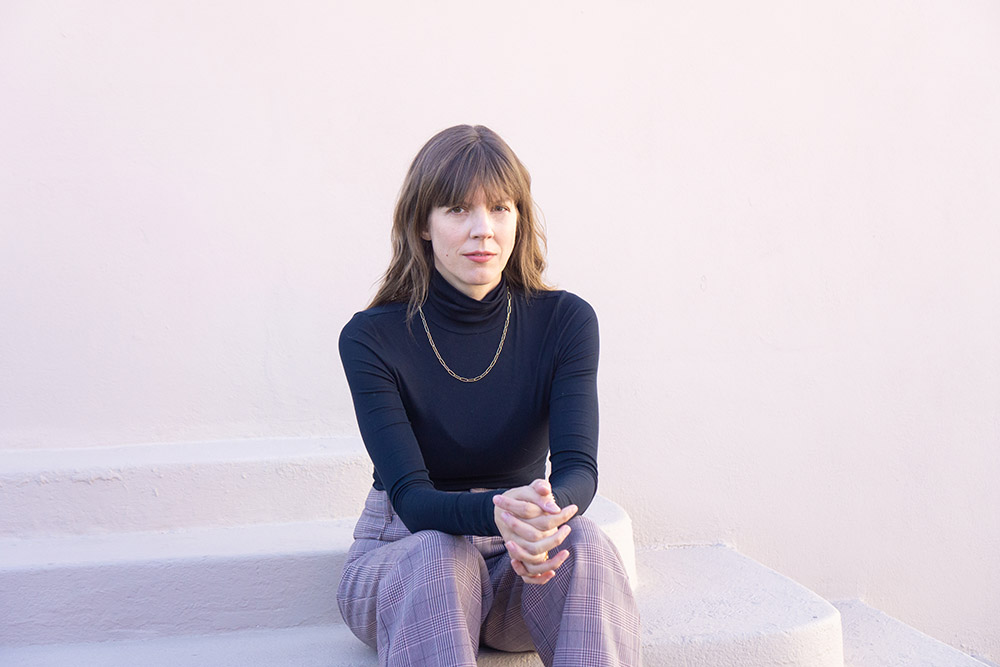Sarah Stodola is the author of two books — The Last Resort: A Chronicle of Paradise, Profit, and Peril at the Beach (2022), and Process: The Writing Lives of Great Authors (2015). She has written for The New York Times, New York Magazine, The Daily Beast, the BBC, CNN, Slice, and many others, and is the founder of Flung Magazine, a publication dedicated to critical thinking about travel often absent in the media.
How did you get started traveling?
I came to global travel as an adult. For me childhood travel was limited to the eastern half of the United States (and Canadian cities near the US border). I think I was 20 the first time I headed overseas, and I was definitely hooked immediately.
How did you get started writing?
I actually started out as a broadcast journalism major in college, but over those four years discovered that my passions skewed more toward the written word. By the time I graduated, I knew I wanted to be a writer, and while I’ve largely stuck with journalism, I’ve always tried to bring a creative element to it.
What do you consider your first “break” as a writer?
As soon as I was able to write a couple of freelance articles for the New York Times, other exciting opportunities began to appear for me.
As a traveler and fact/story gatherer, what is your biggest challenge on the road?
Maybe a strange answer, but keeping costs down is a huge challenge when reporting on travel. From hotels to meals to the travel itself, making an article work economically can be difficult, especially if you aren’t accepting “freebies.”
What is your biggest challenge in the research and writing process?
I’m not good at doing research and writing simultaneously. That said, taking notes is one of the most important things I can do while researching. Those small observations and details that may be forgotten if they’re not written down immediately often end up being the catalyst upon which an entire narrative rests, or provide the heart and soul that make an article sing. My challenge is to make sure I’m always remembering to write those small things down in the moment.
What is your biggest challenge from a business standpoint?
Inconsistent income. I have flush months and less fruitful months, so I’m always aware of finding a balance between them. For me, it’s completely worth it to be able to work for myself.
Have you ever done other work to make ends meet?
Of course! And I still do, often in the form of corporate copywriting. In the past, I’ve worked in a bar, at a taco stand, in admin at The Blackstone Group, and doing research for a consulting firm, among other things.
What travel authors or books might you recommend and/or have influenced you?
As a reader, I don’t usually gravitate toward authors who define themselves as travel writers. But I love works that have a strong sense of place, I love when a place becomes an integral part of a story.
A couple of essays come immediately to mind that I think expand the possibilities of travel writing. Amy Schumer’s essay, “A Goodbye to Ambien in Dubai,” is fantastic. And Gary Shteyngart’s essay, “Behind Closed Doors at Hotels,” about overhearing sex through hotel room walls, is hilariously cringey. Both of these essays are about travel, obviously, but also recount singular experiences with travel as a catalyst.
What advice and/or warnings would you give to someone who is considering going into travel writing?
You have to really think about what you want to get out of a career in travel writing. Yes, you get to travel for a living, but it’s also hard work, so you have to be comfortable giving up some of the simple joys of travel in favor of the obligations that come with doing it as a job.
What is the biggest reward of life as a travel writer?
Easily, the biggest reward has been the opportunity it’s given me to gain a deeper understanding of the wide and complex world.

